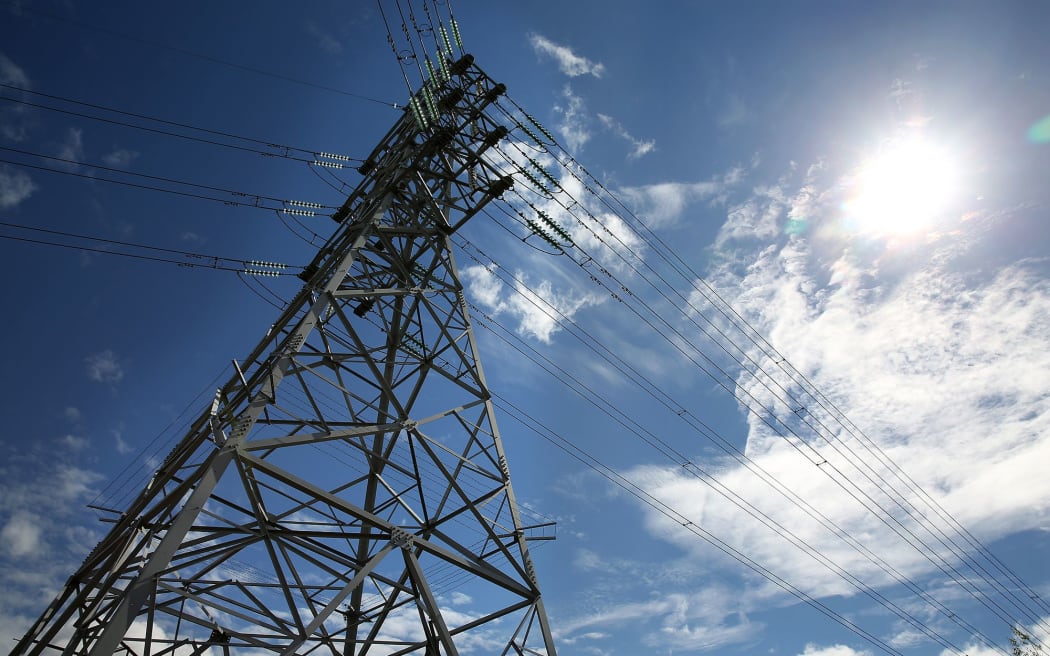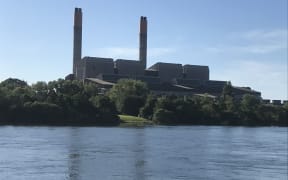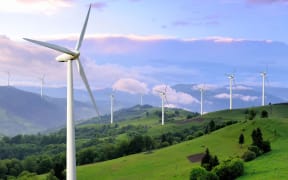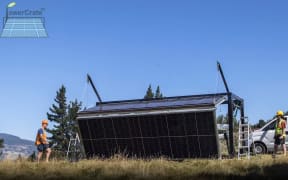
Geothermal, solar or wind projects dominate the planned new generation. Photo: RNZ / Diego Opatowski
The generation capacity of new electricity projects committed in the last 18 months is almost double that committed in the previous equivalent period.
A report commissioned by the Electricity Authority Te Mana Hiko shows once built, there will be 5000 gigawatt (GWh) hours of new electricity generation committed - mainly in geothermal, solar or wind projects.
This is up from 2600 GWh from the previous survey in July 2022.
Electricity Authority chief executive Sarah Gillies said even more new electricity generation was needed to support the projected growth of future demand, but the survey showed a range of new projects were in the pipeline.
"Demand for electricity is growing as the country moves away from fossil fuels and more renewable sources of energy take their place. It is vital that this level of investment continues to support the economy's electrified future.
"We are focused on fostering that investment by providing the right conditions for those multimillion-dollar decisions to be made. It is also encouraging that many of the new developments are being undertaken by generators that are new to the market."
She said it was heartening to see generators responding to market signals and committing to new generation projects.
All currently committed projects (those where the unconditional final investment decision has been made) are expected to be built by 2026.
Gillies said more new electricity generation will be needed to support the projected future demand growth and the retirement of some sources - but the survey shows that there are a range of different projects in the pipeline.
The report identified another 20,800 GWh of projects that are being actively pursued and could be completed by 2027, which is up from 12,700 GWh at the last survey.
It also found that the annual development rate, based on projects that have either been completed or committed, for the period 2021-2025 is more than three times the rate from 2011-2020.
The Electricity Authority has work underway to reform distribution network settings and distribution pricing to enable innovation and investment.
It is seeking to reduce any regulatory barriers and encourage efficient pricing for all consumers.





